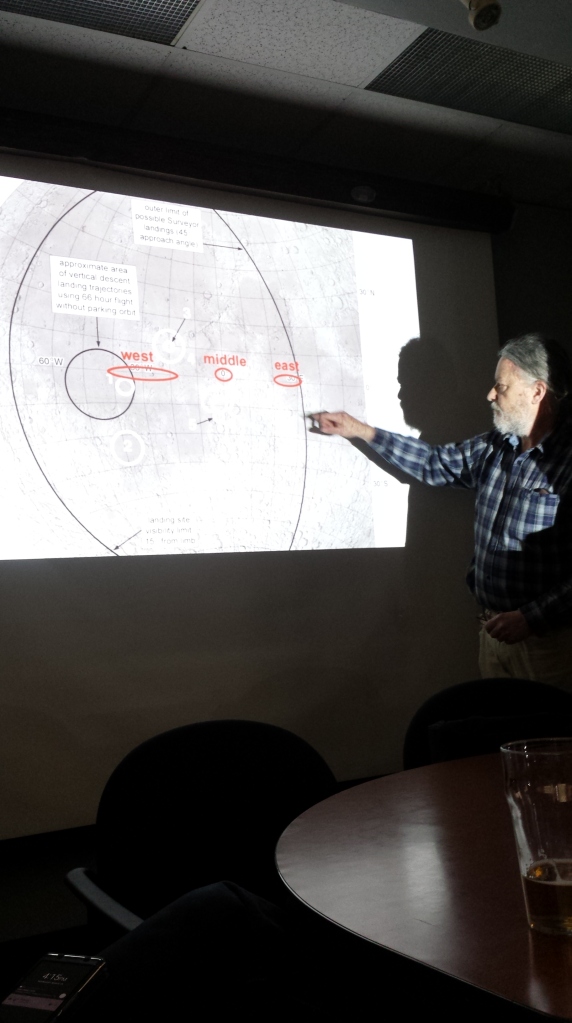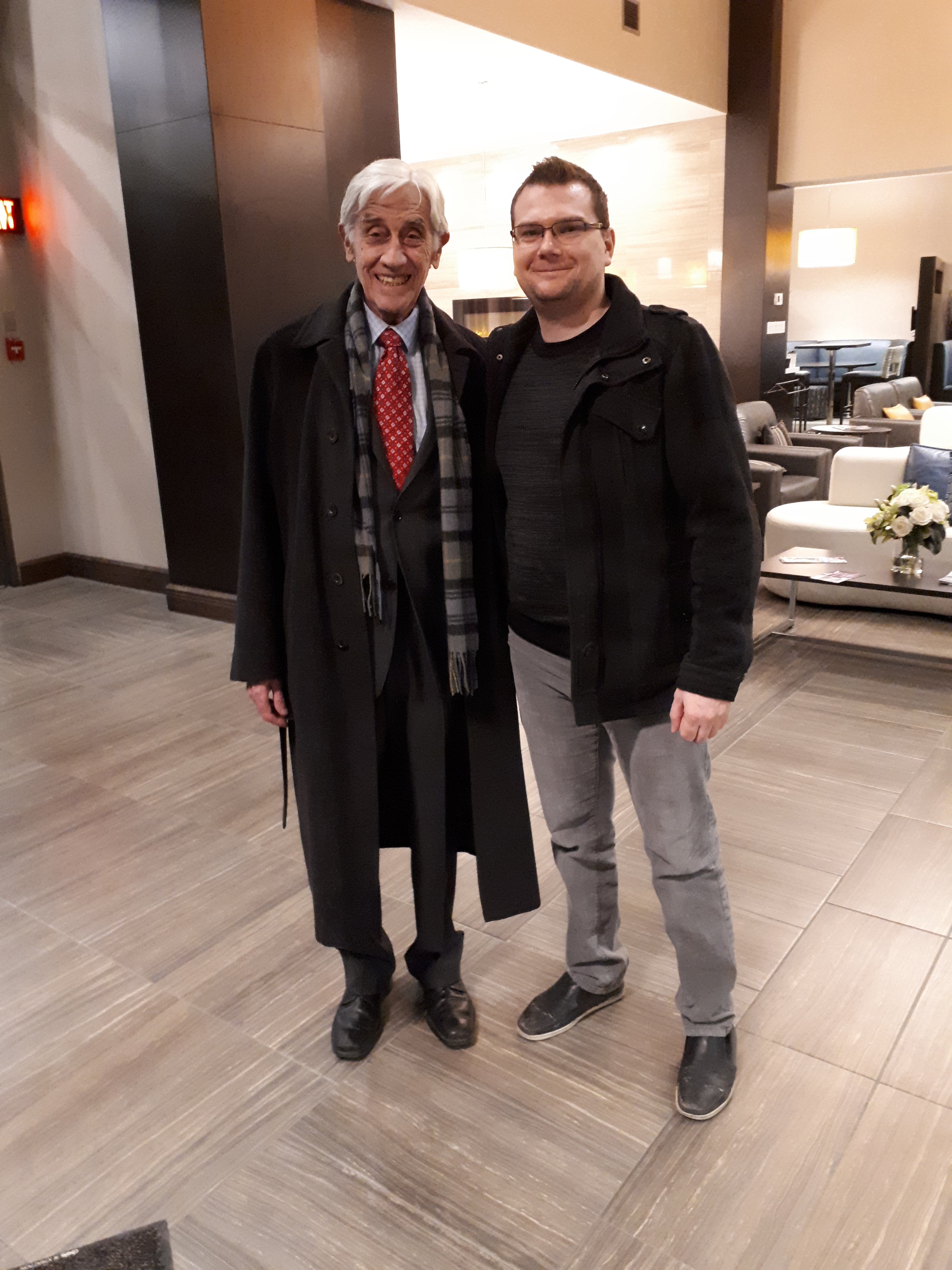My new book with Dr. Tanya Harrison was release March 17th 2020 and we are thrilled with the response and reviews!
You can pick it up now anywhere books are sold, and as always, please consider supporting your local bookstores!
To buy online:
REVIEWS:
“The messages of hope and inspiration in this book are very much of a time, but they are also timeless. Maybe they speak to the ability humans have to overcome seemingly impossible challenges…but apparently only when we feel like it. As we stand at the new crossroads of space exploration and look forward, perhaps we should glance backward, too, and remember from whence we came. Because Apollo set the bar high. Very, very high.” – Geoff Notkin, President of the National Space Society and former host of Meteorite Men on The Discovery Channel
“Tanya Harrison and Daniel Bednar invite us to re-live one of humanity’s proudest moments through a series of vivid, intimate, and refreshingly diverse accounts that challenge our perspectives and remind us that space exploration is a global pursuit with global benefit. Like the Apollo program itself, For All Humankind is both momentous and inspiring, the kind of stories that stay with you forever.” ― Kellie Gerardi
“A beautiful demonstration of how curiosity and wonder brought our planet together to accomplish the impossible.” – Dagogo Altraide, creator of ColdFusion and author of New Thinking
“An absolute delight! By telling the story of the 1969 Apollo 11 moon landing through the eyes of observers from around the world, Dr. Tanya Harrison and Dr. Danny Bednar bring a freshness to it that is utterly beguiling. I would defy anyone not to be inspired by these extraordinary accounts from people who were, in turn, inspired by what they saw and experienced over 50 years ago. I know I was.” – Dr. Andrew Maynard, scientist and author of Films from the Future and Future Rising
“Harrison and Bednar’s rich narrative serves to make the moon landing an inclusive event in human history. Told through a diverse set of characters from every continent, they deftly explores the intersectional impact of humankind’s biggest step.” – Zara Stone, journalist and author of The Future of Science is Female.
“A great overview of the moon landing for young adults. This book sets the stage for the moon landing in a Cold War world. Great scientific and cultural background. Humanizing stories to keep reader interest” – Amazon Customer Review
“Is a wonderful read. Thoroughly enjoyed it!” – Amazon Customer Review
“Insightful and entertaining read, definitely recommend!” – Amazon Customer Review


















